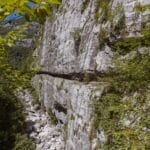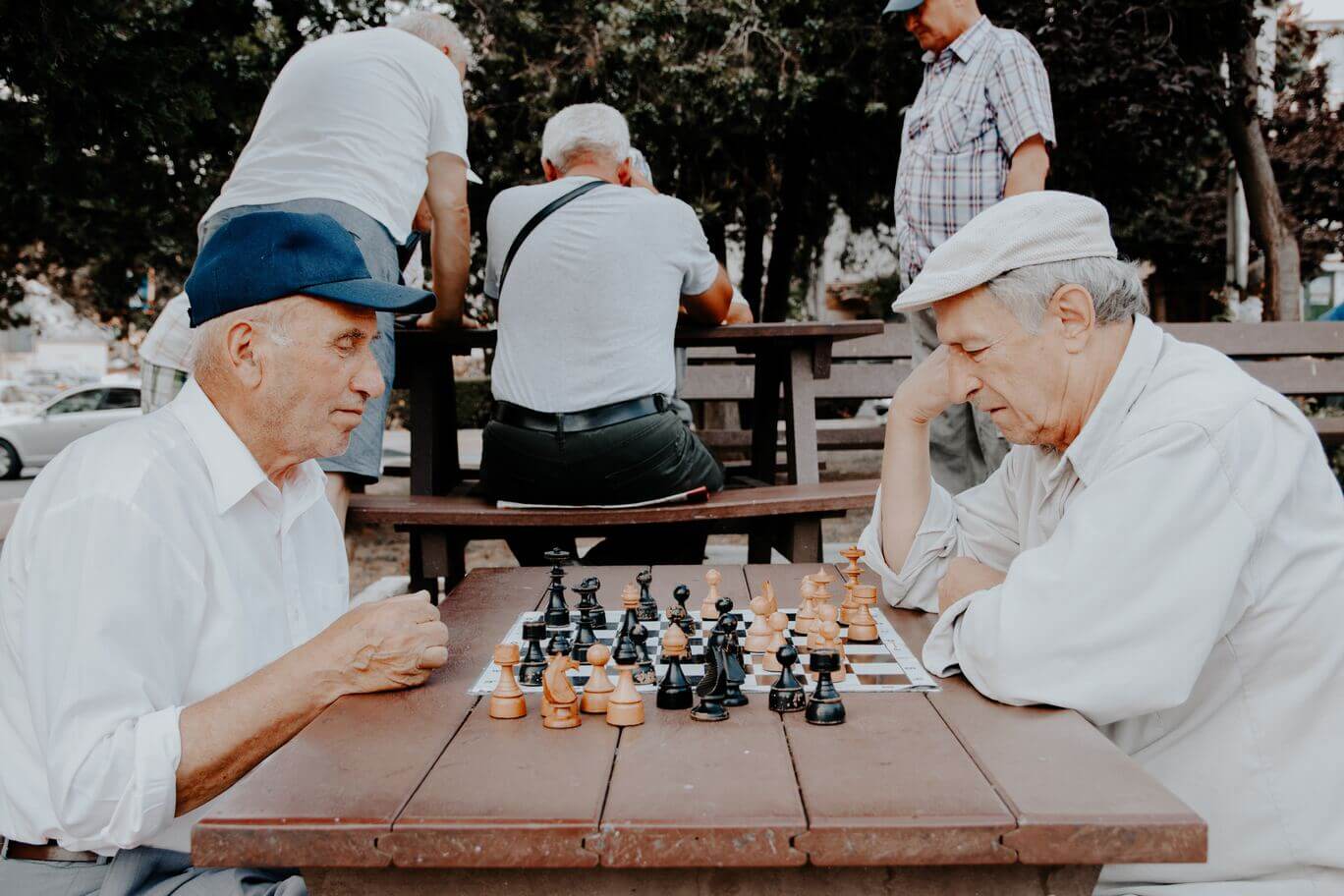
Mrtvica Canyon

Is Montenegro a Safe Travel Destination?
Montenegro is generally a pretty safe place to visit. You won't find any sketchy areas or no-go zones here. Occasionally, you might come across some protests or large gatherings, but they never turn violent or disrupt your travel plans. Mostly unsatisfied workers of local companies.
On the Travel Safe Abroad safety index, Montenegro actually ranks quite well, even higher than the United States and France. They've got a good number of well-trained and well-equipped police officers who know how to handle tricky situations, and it's common to see routine police checks. Keep in mind that a lot of them are not very fluent in English.
Now, about that history of rivaling drug gangs – the new government has put in some serious effort to bring those organized crime figures to justice. Most of them are either behind bars or on the run. Plus, there hasn't been a terrorist attack in Montenegro in recent history. Just to provide some context, back in the 1990s, Montenegro did have some crime issues in the wake of Yugoslavia's collapse, but those days are long gone. Nowadays, Montenegro is as safe as any other European country.
Now, let's chat about a few potential risks you might encounter while traveling in Montenegro.
Petty Crime
During the peak tourist season in July and August, Montenegro can get pretty crowded with visitors. Just use your common sense and keep an eye on your belongings in those busy places. And consider carrying minimal cash to the beach to play it safe. You see, Montenegro is a small country, and it's a bit like everyone knowing everyone else, especially in villages and small towns where neighbors are practically family. So, there's a high level of trust.
Traffic Risk
In the summer months, traffic can be a bit chaotic, especially along the Adriatic Highway. Both tourists and locals can get a bit impatient after sitting in traffic for a while. So, expect some reckless driving behaviors like tailgating, cutting corners, and daring overtaking. Montenegro's mountainous terrain and narrow roads can make things a bit dicey, especially when it rains. Some drivers in luxury vehicles might go a tad too fast for the conditions and ignore traffic laws.
Wildfires
July is when Montenegro's wildfire season kicks off. By the time summer arrives, the place hasn't seen rain for a while, and the trees and shrubs are bone-dry. It doesn't take much to start a wildfire that can spread fast, especially in remote areas. Keep an eye on local media for wildfire alerts, and be aware that air quality can worsen, even in places further from the fires.
Swimming
Most tourists come to Montenegro for its beautiful beaches and the crystal-clear waters of the Adriatic Sea. Swimming is usually safe, but there are two things to watch out for: Scirocco, which can cause big waves and rip currents, and the Bora Wind, which mainly affects sailors and boaters. Pay attention to local weather conditions and red flags on the beaches. And if you worry about shark attacks the answer is simple. There are no sharks in Montenego.
Boat ride scams
If you're taking a cruise and heading ashore, be cautious with cab drivers who might try to overcharge you. As a rule of thumb, most trips should cost between 20 and 30 Euros. If someone asks for 100€, you're probably dealing with a scammer. While there aren't many tourist scams in Montenegro, it's still good to stay vigilant.
Local Markets
Visiting local markets is a great way to immerse yourself in a new culture, but be careful in Montenegro. Some sellers might try to take advantage of tourists, and prices may not always be clearly marked. Always ask about the price before making a purchase.
Exchanging Money
It's a good idea to bring enough Euros with you because there aren't many exchange offices in Montenegro. ATM withdrawals can come with fees, and it's often better to choose your home bank for currency conversion. But generally fees of conversion are about 2-5 euros. There are official ATMs everywhere, but pay attention if those are from local banks. Recently there have been some "worldwide" ATMs by private companies which i am not familiar with. Offical ones will be CKB, NLB, Adiko, Erste, Lovćen.
Getting Lost in Nature
Montenegro's beautiful but rugged landscape can be challenging for hikers and adventurers. If you find yourself in trouble, call 112 for help. Remember, heavy rain can lead to landslides and blocked roads.
Parking
In places like Boka Bay and Budva, parking during the summer can be a real challenge. Be careful where you leave your car, and if someone blocks you in, ask around at nearby cafes or restaurants to find the owner. It's an annoyance but a common one. Official parking is not really that expensive, so try to find a spot in one, but that is usually challenging.
Registration Rules
Montenegro doesn't automatically register visitors, so make sure to register with 'Tourist Info' within 24 hours of crossing the border. Hotels typically handle this during check-in, but if you're in a vacation rental, ask the host to do it. Failing to register can lead to fines, so don't forget this step.
To sum it up, Montenegro is generally a safe and welcoming destination, but like any place, it has its quirks and potential challenges. Just stay informed, use your common sense, and enjoy your trip!
